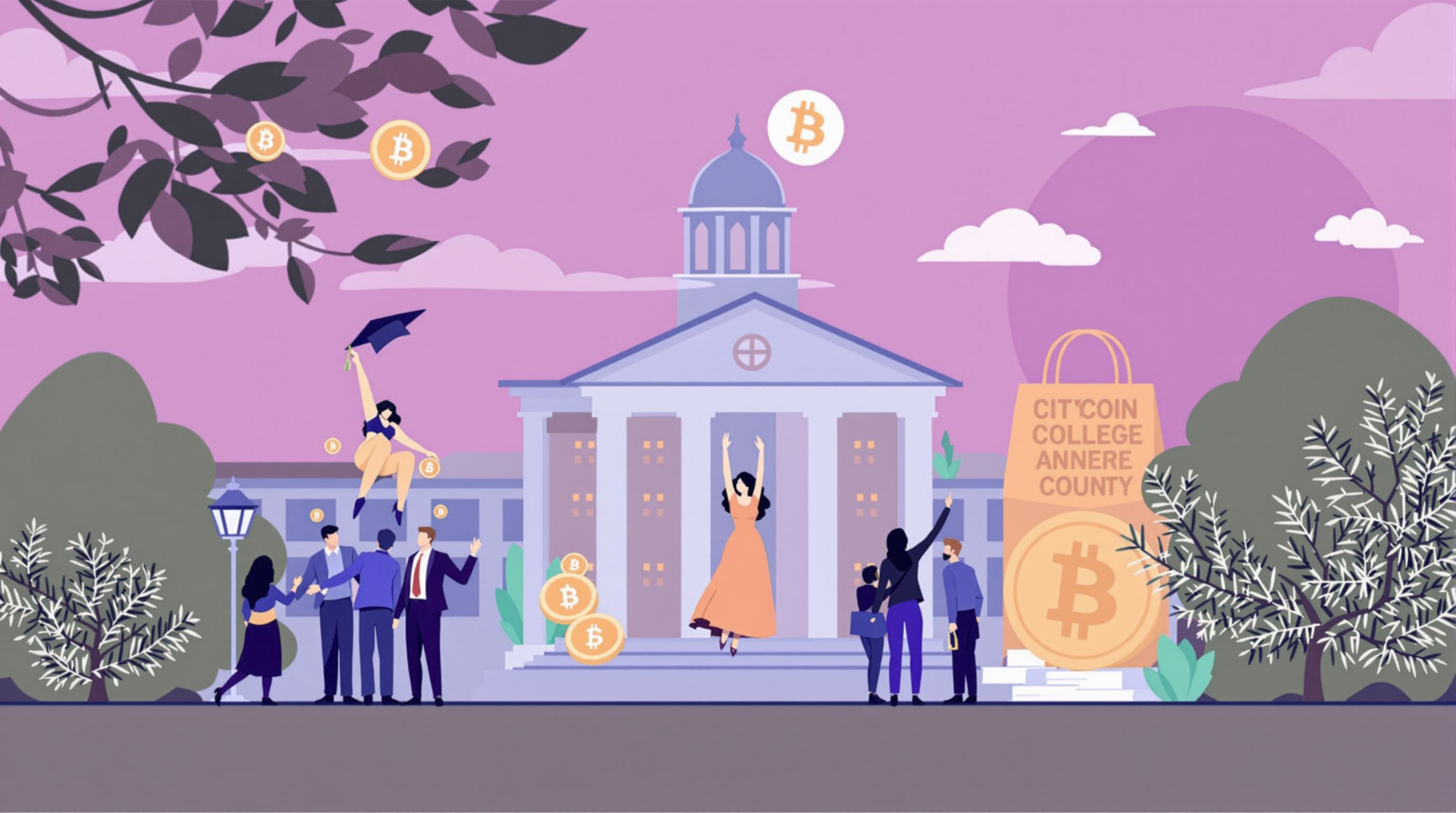Featured Articles
- 10 Unseen Factors That Could Transform Your College Admissions Experience in 2024
- 11 Surprising Trends in College Admissions: How Cryptocurrencies Could Influence Your Acceptance in 2024
- 7 Hidden Strategies That Can Dramatically Boost Your Chances in the College Admissions Process Today
- Beyond Grades: How Video Game Skills and Esports Experience Influence College Admissions in 2024
- "Beyond Test Scores: The Rise of Emotional Intelligence in College Admissions Decisions"
The Rise of Digital Nomadism: Are Remote Learners Shaping the Future of College Admissions?
The Rise of Digital Nomadism: Are Remote Learners Shaping the Future of College Admissions?
The rise of digital nomadism is revolutionizing the landscape of college admissions, as remote learners increasingly prioritize flexibility and global experiences over traditional metrics. As college campuses adapt to this new paradigm, students and institutions alike must reevaluate how academic potential is assessed and nurtured.
The Digital Nomad Movement: A New Era in Education
Imagine waking up in a beach-side bungalow in Bali, sipping coffee while attending an online lecture on the latest trends in AI ethics. This is the life of a digital nomad—an individual who leverages technology to work remotely while exploring the world. With statistics from a 2023 survey indicating that over 34% of college students are considering remote learning options, it’s clear that this trend is reshaping not only how education is delivered but also how students are admitted into colleges.
A Flexibility Revolution
Gone are the days of being tied to a single location. The surge in remote learning has introduced flexibility that many students now view as essential. According to a study conducted by LinkedIn, 70% of young professionals believe that the ability to work from anywhere enhances their productivity and creativity. This perspective is driving a shift in how they approach their studies and, consequently, their college applications.
A Global Classroom?
Ever heard of “study abroad” programs? Well, now it’s more like “study anywhere.” With the internet reigning supreme as the great equalizer, students have access to lectures and resources from the world’s top universities without stepping foot on campus. One case study involves a California college that saw a 40% increase in applications from students who’d traveled abroad while taking online courses.
Admissions in Flux
As digital nomadism gains traction, prospective students are bringing a new set of experiences and skill sets to the table. Admissions committees are gradually redefining what makes a strong applicant. Instead of solely focusing on GPA and SAT scores—those age-old benchmarks—many colleges now consider soft skills like adaptability, global awareness, and independent learning capabilities. In a world that values experience as much as knowledge, these traits are becoming indispensable.
Innovative Programs and Partnerships
Universities are also responding by launching innovative programs tailored to remote learners. Programs offering digital campus tours, virtual internships, and online portfolio assessments are becoming prevalent. Harvard University, for instance, recently announced a potential pilot program that will allow online learners from around the globe to participate in live-streamed lectures while engaging in local community projects. Such initiatives could redefine academic engagement and broaden admissions criteria.
Challenges on the Horizon
Of course, this shift isn't without its challenges. The growing dependence on technology raises concerns about equity and access. Not all students have the same resources, and institutions must ensure they don't inadvertently favor those who can afford the latest gadgets over those who have genuine potential. The National Center for Education Statistics (NCES) highlighted that 18% of high school students in lower-income areas do not have reliable internet access, creating an educational disparity that could skew college admissions.
Remote Learning: A Double-Edged Sword
When discussing the viability of remote learning, it’s crucial to recognize it’s not universally embraced. Critics argue that online education lacks the personal interaction that fosters collaboration and networking. Some students miss the informal conversations that occur before and after lectures—those spontaneous moments that enrich learning. Additionally, a report from the Education Department in 2023 showed that remote learners often report feelings of isolation and disconnection from their peers, which can impact their overall academic experience.
Success Stories: Real-Life Examples
On a brighter note, there are countless success stories emerging from this novel approach. Meet Sarah, a 22-year-old who combined her love for travel and education by enrolling in an online degree program while road-tripping across Europe. By creating a blog detailing her adventures and academic pursuits, she not only built a portfolio that impressed admissions committees but also inspired countless future applicants to think outside the box. Now, she is enrolled in a prestigious international relations program, crediting her unique experiences with giving her an edge during the admissions process.
A Collaborative Future
The educational landscape is changing, and it’s becoming increasingly collaborative. Institutions are recognizing the value of connecting with online learners to create enriched experiences. Imagine a scenario where a student in Lisbon shares insights with classmates in New York via a digital pen pal system, fostering cross-cultural communication and understanding. These relationships can significantly enhance an applicant's profile, illustrating their engagement and adaptability on a global scale.
What Lies Ahead?
So, what does the future hold for college admissions? Experts predict a more holistic approach, emphasizing diverse experiences rather than a focus on singular metrics like standardized testing. After all, how do you measure creativity, cultural fluency, and the ability to thrive in novelty? The incorporation of portfolios and skill-based assessments may soon take center stage, allowing students to showcase their global journeys and personal growth.
The Digital Nomad: A New Breed of Student
Ultimately, we are witnessing the emergence of the “digital nomad student”—one who embodies a spirit of exploration and innovation. Geographic borders are blurring, and we are moving toward a model where education transcends physical classrooms. As students grapple with their aspirations amidst a myriad of choices, it’s essential for colleges to adapt and evolve to maintain their relevancy. Will traditional brick-and-mortar institutions survive this seismic shift, or will they transform into hybrid models that accommodate this new breed of student? Only time will tell.
Conclusion: Embrace the Change
The rise of digital nomadism has undoubtedly sparked a conversation about the future of college admissions. As we tread deeper into this new age of flexibility, it’s time for both students and colleges to embrace the change. With adaptability, creativity, and a willingness to collaborate, we can forge a brighter future for education. Will you be part of this evolution? The adventure has just begun!




